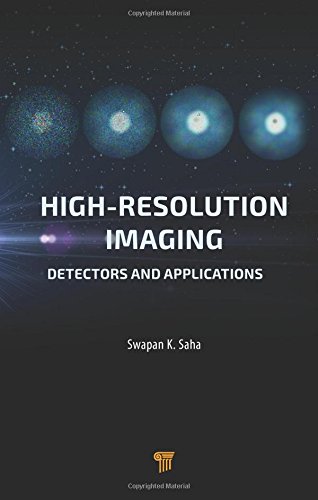

Most ebook files are in PDF format, so you can easily read them using various software such as Foxit Reader or directly on the Google Chrome browser.
Some ebook files are released by publishers in other formats such as .awz, .mobi, .epub, .fb2, etc. You may need to install specific software to read these formats on mobile/PC, such as Calibre.
Please read the tutorial at this link: https://ebookbell.com/faq
We offer FREE conversion to the popular formats you request; however, this may take some time. Therefore, right after payment, please email us, and we will try to provide the service as quickly as possible.
For some exceptional file formats or broken links (if any), please refrain from opening any disputes. Instead, email us first, and we will try to assist within a maximum of 6 hours.
EbookBell Team

5.0
60 reviewsInterferometric observations need snapshots of very high time resolution of the order of (i) frame integration of about 100 Hz or (ii) photon-recording rates of several megahertz (MHz). Detectors play a key role in astronomical observations, and since the explanation of the photoelectric effect by Albert Einstein, the technology has evolved rather fast. The present-day technology has made it possible to develop large-format complementary metal oxide–semiconductor (CMOS) and charge-coupled device (CCD) array mosaics, orthogonal transfer CCDs, electron-multiplication CCDs, electron-avalanche photodiode arrays, and quantum-well infrared (IR) photon detectors. The requirements to develop artifact-free photon shot noise-limited images are higher sensitivity and quantum efficiency, reduced noise that includes dark current, read-out and amplifier noise, smaller point-spread functions, and higher spectral bandwidth. This book aims to address such systems, technologies and design, evaluation and calibration, control electronics, scientific applications, and results.
One of the fastest growing applications is signal sensing, especially wavefront sensing for adaptive optics and fringe tracking for interferometry, which is important for long-baseline optical interferometry. The coherence time of the atmosphere is a highly variable parameter. Depending upon the high velocity wind, it varies from